Your mom finally said it: “Maybe it’s time I moved somewhere with less yard and more happy hour.” And suddenly, you’re Googling senior living communities like it’s your side hustle. But hold up—just because a place has a fireplace in the lobby and a jazz trio on Sundays doesn’t mean it won’t burn through your family’s savings faster than you can say “care level upgrade.”
Picking the right senior living facility isn’t just about good vibes and decent casserole—it’s about dodging financial landmines. The fine print? It’s often not so fine. From sneaky fees to promises that fall apart faster than a folding chair at a BBQ, there are red flags everywhere. If you’re not careful, you could end up paying Mercedes money for motel-level care. So before you sign on the dotted line, here are 15 money traps to watch for—because your loved one deserves better, and so does your wallet.
1. Vague Or Overcomplicated Pricing Structures

If reading the price sheet feels like decoding ancient runes, run. A reputable facility should be able to clearly explain what’s included in the base price and what’s considered an “extra.” Spoiler alert: some places charge additional fees for literally everything—including medication delivery, extra linens, or even meals beyond a set number. According to evidence by U.S. News & World Report, many families underestimate these hidden add-ons until it’s too late.
If a salesperson dodges your direct questions about monthly totals or pushes you to “just tour first,” that’s a red flag wrapped in a bow. Transparency should never be optional. Ask for a sample monthly invoice or a list of fees that have increased in the past year. If they don’t have one? That’s your sign to politely back out. Senior living shouldn’t feel like buying a timeshare in disguise.
2. No Cap On Annual Price Increases

Okay, inflation is real—but if the facility’s price hikes are less predictable than your uncle’s mood swings at Thanksgiving, you’ve got a problem. Facilities often raise rates annually, but not capping those increases can turn a manageable $3,800/month into a $5,000 surprise in just a couple of years. Surveys published by Forbes report that assisted living costs rose by over 4% in a single year—and that’s before factoring in regional demand spikes.
Ask if there’s a cap or historical average for rate increases. If they can’t or won’t say, take that as a “maybe not.” Uncapped increases can throw off even the best-laid retirement plans. You don’t want your parent to be five years into a community only to get priced out mid-dementia diagnosis. Financial predictability is not optional here.
3. Huge Upfront Fees With No Clear Benefit
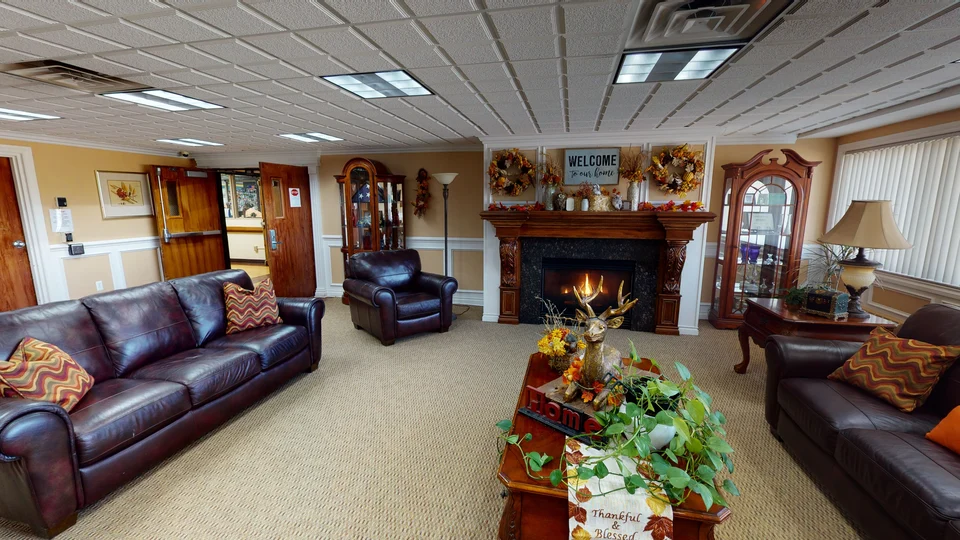
We get it—some facilities want a little financial commitment up front. But if the entrance fee starts creeping into five- or six-figure territory and you’re not buying real estate, it’s worth asking: why? Some “lifecare” communities charge steep entrance fees that don’t always make financial sense unless you live there for decades.
If there’s no refund policy or the fee isn’t applied toward monthly costs, it could just be padding their revenue. Ask for a breakdown: Where does the money go? What happens if your loved one leaves early, or passes away? If the answers are fuzzy or buried in fine print, that’s a red flag doing cartwheels. Bottom line: never pay big bucks for vibes alone.
4. Mandatory “Community Fees” That Keep Reappearing
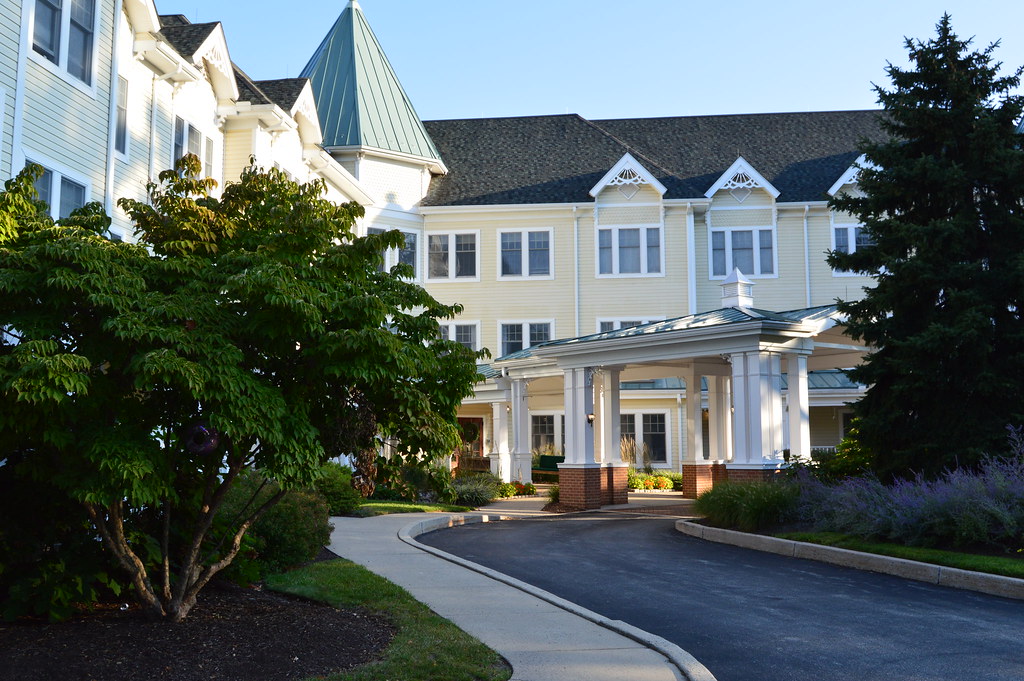
You paid the community fee when you moved in… but now they’re charging it again after a room switch or a care upgrade? Yeah, that’s sus. Some facilities sneak in repeat “one-time” fees whenever your parent’s situation changes—and it adds up. Per research by Simply Senior Living, these fees can range from $500 to over $5,000 and are often non-refundable.
If a place can’t explain exactly when and why those charges apply—and how often—you’re better off swiping left. You don’t want to play Fee Whack-a-Mole while also juggling your loved one’s health care. Request documentation that spells out fee frequency, and make sure you get it in writing. Repeat charges with zero accountability? Big yikes.
5. Overpromising On Medicaid Eligibility
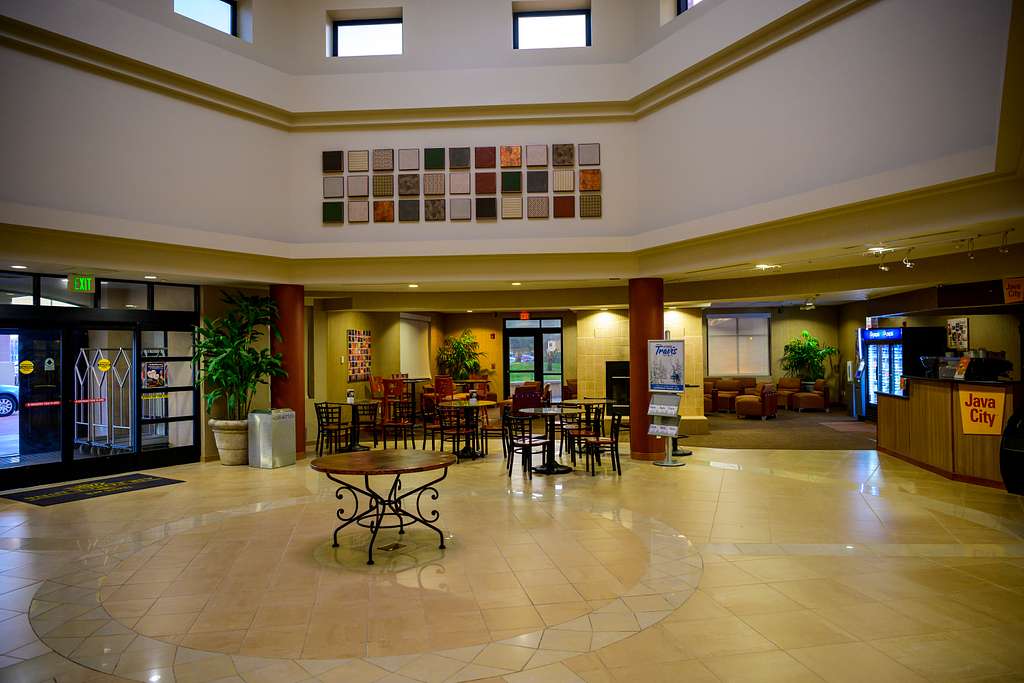
If a facility is hyping up how “easy” it is to qualify for Medicaid later—or says, “Don’t worry, we’ll figure it out”—proceed with extreme caution. Medicaid rules vary wildly by state, and not all facilities accept it even if your loved one qualifies. Many news outlets have also reported that some families are misled into thinking their facility will accept Medicaid later, only to be hit with an eviction notice when private funds run out.
A legit place will be upfront about whether they take Medicaid, under what conditions, and when it kicks in. If it’s all vague assurances and zero paperwork, that’s not a promise—it’s a trap. Ask to speak with their billing office, not just a sales rep. When it comes to long-term affordability, clarity is king because nobody wants to be forced into a last-minute move when your parent is already medically fragile.
6. Frequent Staff Turnover

When the person handling your invoices keeps changing more often than the front desk’s seasonal wreaths, it’s time to raise an eyebrow. High turnover in billing or finance roles can be a subtle sign of internal dysfunction—or worse, sketchy money practices. If every time you call, you get a new voice who has no clue what the last person told you, that’s not just annoying—it’s dangerous. It can lead to billing errors, missed payments, and you footing the bill for things you never agreed to.
And let’s be real: if the staff can’t keep their own financial house in order, why trust them with your parent’s budget? Some facilities even “accidentally” double-bill during transitions. Red flag. Ask how long the billing manager has been in their role. Look for consistency, clear communication, and actual answers to your questions. A facility that can’t keep its team stable may not be the stable place your loved one needs.
7. Pushy Sales Tactics That Smell Like A Timeshare Pitch
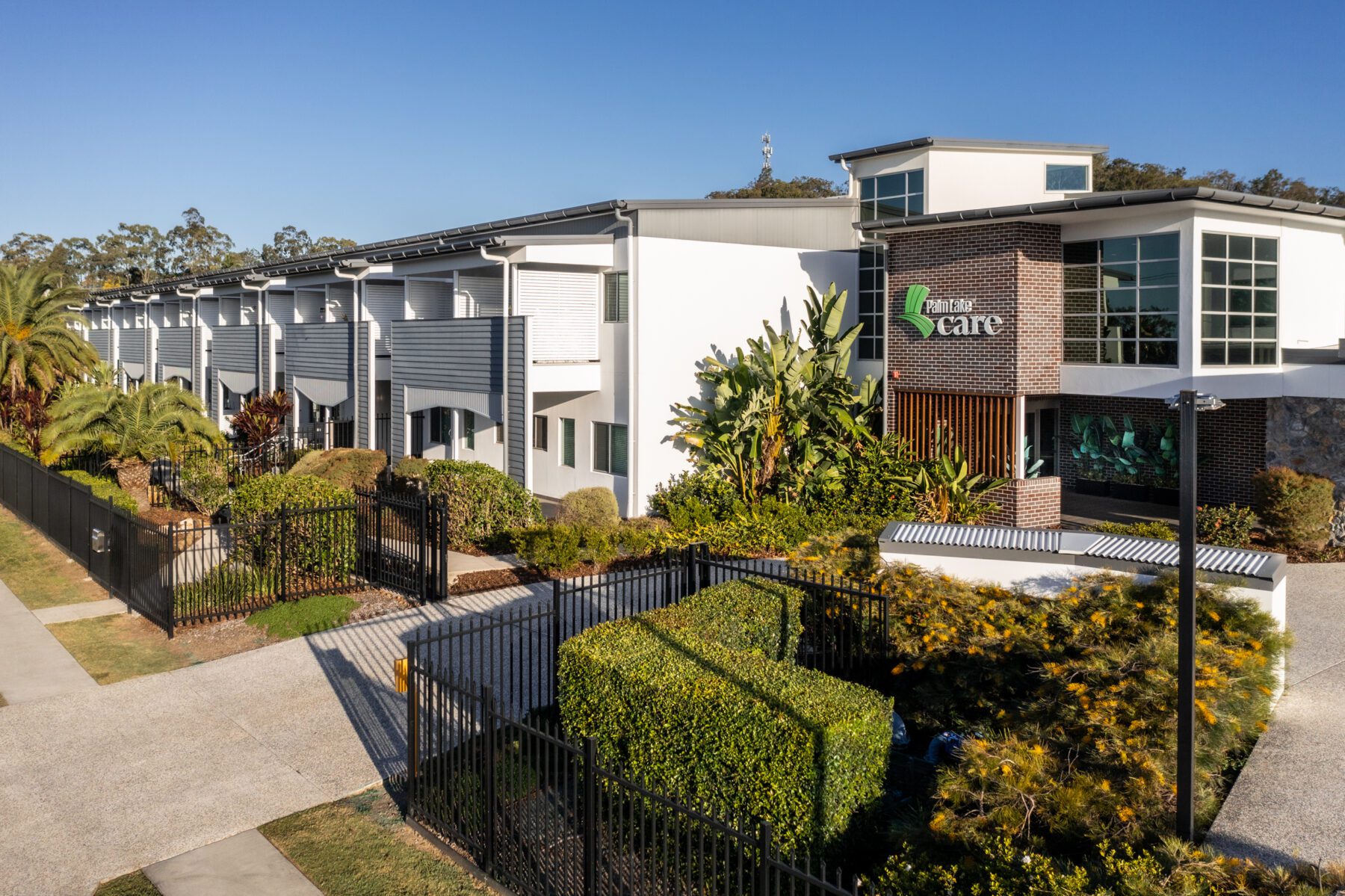
If the sales team is giving you big “sign today or it’s gone” energy, pause. Good senior living facilities want to build relationships, not steamroll you into contracts. Some even use classic fear tactics like “limited availability” or “we only have one room left”—which might be true, but it might also be straight-up pressure marketing.
A reputable place will encourage questions, offer follow-ups, and give you breathing room to think it over with family. If they’re offering referral bonuses, gift cards, or “move-in specials,” it’s worth wondering why they’re trying so hard. This isn’t a new gym membership—it’s your loved one’s home. Trust your gut. If the whole process feels like an infomercial, it’s probably not the vibe you want. You should be courted, not cornered.
8. No Financial Counseling Or Budget Planning Support
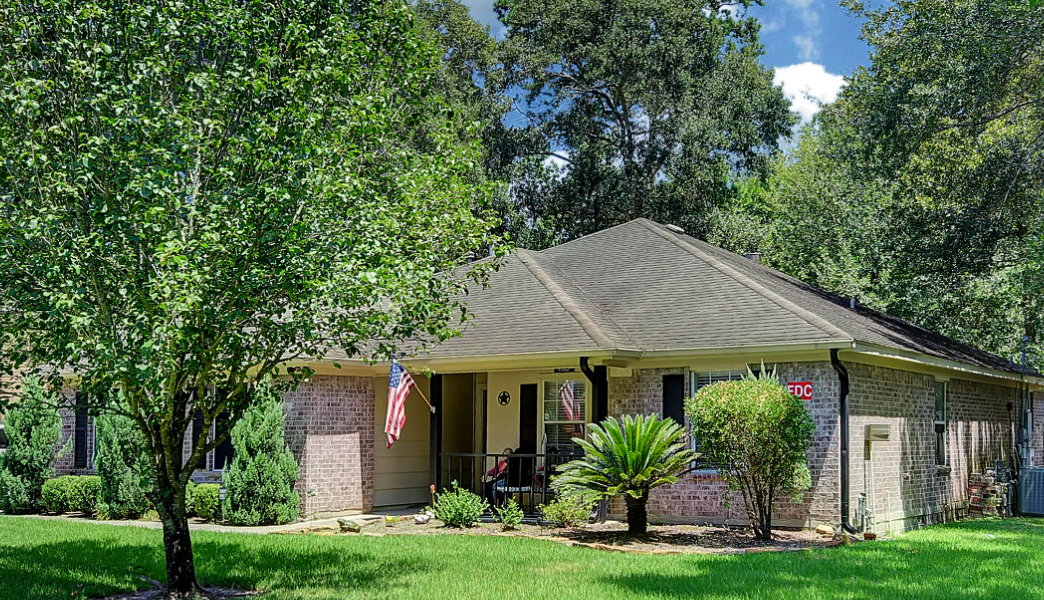
A quality facility knows that moving in isn’t just an emotional decision—it’s a financial one, too. If they don’t offer any kind of financial planning help or resources, that’s a problem. We’re talking basic stuff, like helping you forecast long-term costs, explaining how care level changes affect pricing, or even offering access to elder law attorneys or Medicaid advisors.
If you’re expected to “figure it all out later,” that’s a hard pass. Your loved one’s care plan shouldn’t depend on back-of-the-napkin math and vibes alone. Look for facilities that proactively help families plan for the long haul, not just month one. If they can’t help you game out a 5–10 year scenario, they probably haven’t thought that far ahead themselves. And that’s not a place to park your parent. You’re not being picky—you’re being smart.
9. No Grace Period Or Refund Policy

So you move your dad in, and two weeks later he’s miserable, lonely, and missing his dog more than he expected. You want to move him out and find a better fit—but surprise! That five-figure deposit? Non-refundable. Some facilities don’t offer any kind of grace period or refund window, which means one bad decision can cost your family a lot.
And while yes, these places are businesses, they should also be humane. If they’re inflexible or evasive about refunds, especially during the transition phase, it’s a financial red flag with neon lights. Ask specifically about what happens if things don’t work out. You don’t want to be trapped in a financial relationship just because the lobby smells like lavender. Flexibility matters, especially when emotions are high.
10. Residents Or Families Complaining About Surprise Charges
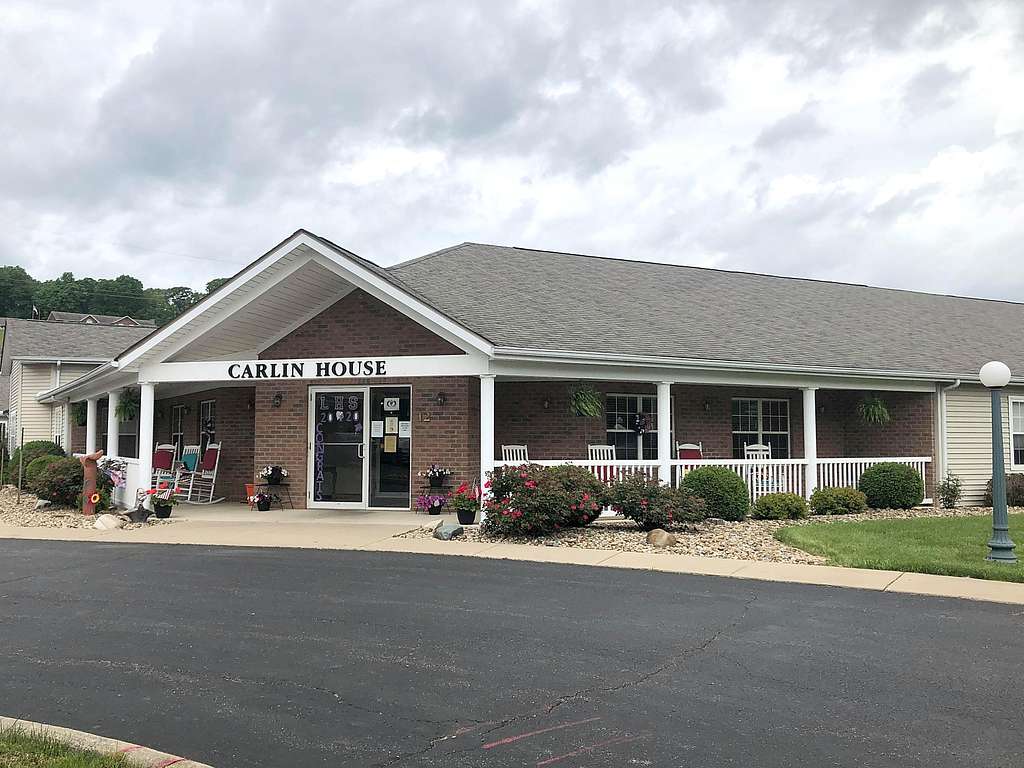
Before you move in, stalk the online reviews like it’s your ex’s new partner’s Instagram. Look specifically for mentions of surprise charges—because if one family got hit with a mysterious $1,200 “facility upgrade fee,” chances are others did too. Billing transparency is one of the clearest indicators of a facility’s integrity.
Ask current residents or their families about unexpected fees. Are people being charged for services they didn’t agree to? Do invoices come with vague line items like “wellness fee” or “miscellaneous adjustment”? These stories matter. Because if someone’s already sounding the alarm, you don’t want to be the next chapter in their Yelp saga. You deserve a community that’s upfront from day one.
11. “Care Level” Increases That Happen Suspiciously Fast

Some facilities will sneakily bump up your parent’s “level of care” and then jack up the price to match—sometimes without warning. That $4,000 monthly rate suddenly becomes $6,500 because your mom needed help with one extra medication. This tactic is way more common than you’d think and can snowball quickly.
It’s especially common in facilities that use tiered pricing models. One week your parent’s “independent,” and the next week they’re “enhanced care”—and no one told you until the bill hit. Before you sign anything, ask what triggers a care level change and who decides. You don’t want subjective evaluations becoming budget busters. Care should be driven by need, not profit. Ask for written thresholds and appeal processes.
12. Limited Or No Financial Reporting Transparency
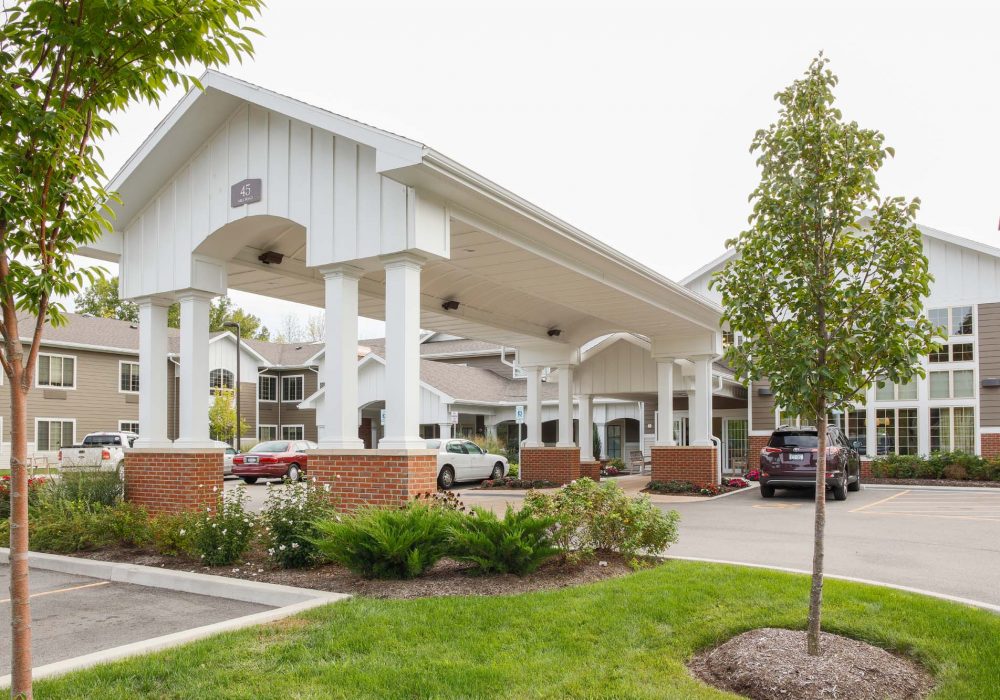
You should always know what you’re paying for—and where the money’s going. If a facility doesn’t provide itemized monthly statements or resists sending them digitally, you’ve got a transparency issue. Facilities that hide behind confusing invoices or “bundled” services often do so to make it harder to see price creep.
You’re not being nosy—you’re being financially responsible. Ask for a sample bill before moving in. Look for detailed line items and billing contacts you can actually reach. If you ever hear “That’s just how we’ve always done it,” run. In a world of Venmo and real-time banking, there’s no excuse for sloppy financial communication. You deserve clarity, not code-breaking.
13. No Exit Strategy For Running Out Of Money

It’s awkward to think about, but you have to ask: what happens if your loved one runs out of funds? Some facilities will let you stay under Medicaid, others will not. Some will help you transition to a lower-cost unit, and others will politely (or not so politely) ask you to leave.
If the answer to your question is “Well, hopefully that won’t happen,” then guess what? That’s not a plan—it’s a prayer. The facility should have a written policy on how they handle financial hardship or outliving funds. Don’t wait until you’re in crisis mode. Ask now, plan ahead, and protect your loved one from eviction roulette. It’s not being negative—it’s being prepared.
14. Confusing Or Misleading Lease Terms
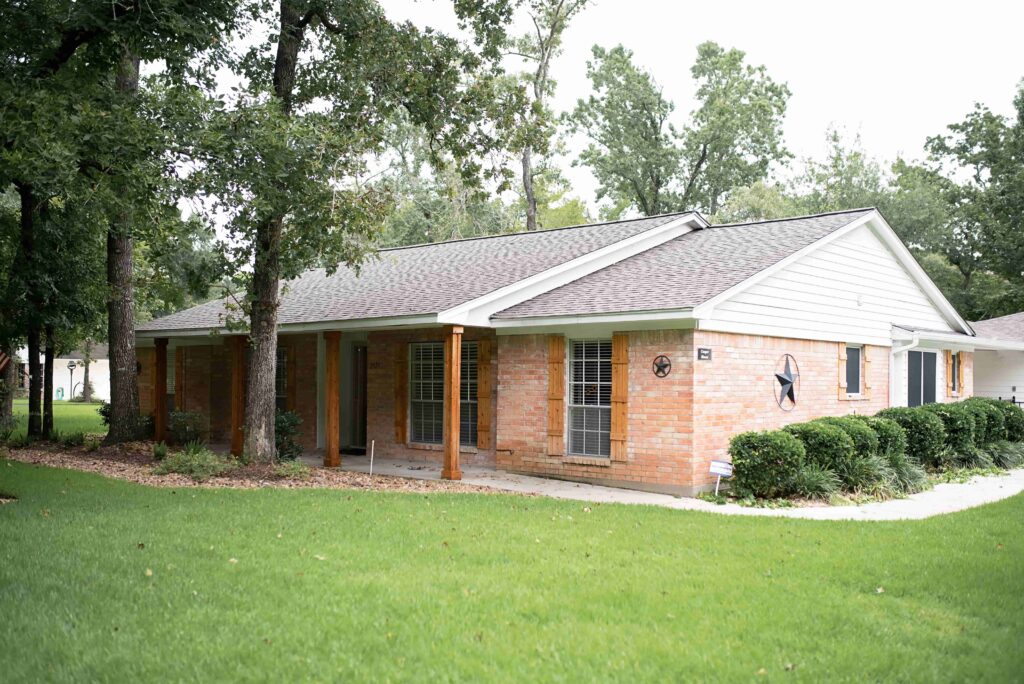
You shouldn’t need a law degree to understand the lease agreement. If the contract is 47 pages long, filled with jargon, and comes with a “just sign here” attitude, that’s a serious red flag. Some facilities build in sneaky clauses that make it hard to leave, raise fees mid-lease, or restrict your rights to dispute charges.
Always get a copy of the agreement in advance and have someone you trust review it—preferably a lawyer or elder care advocate. Pay attention to clauses around refunds, early termination, and arbitration. And if the staff can’t explain the lease in plain English? That’s your cue to leave it right there on the marble conference table. You’re not being paranoid—this is business. Your parents’ future (and your bank account) deserve protection.
15. Amenities That Sound Fancy But Cost Extra

It’s easy to fall for the spa, the wine bar, the “library with curated titles,” or the in-house dog groomer. But here’s the catch: many of those amenities aren’t included in the base rate. They’re separate charges that can sneak up month after month like subscription boxes you forgot to cancel.
You think you’re paying $4,000/month, but after chair yoga, dry cleaning, and “premium meal upgrades,” it’s more like $5,200. It adds up fast—especially if your loved one is super social or needs a few extra comforts. Ask which amenities are actually included and which ones are pay-to-play. Don’t be fooled by glossy brochures or vibey tour guides. If every little thing comes with a fee, you’re basically at a resort without the vacation. And no one should be budgeting like they’re booking an all-inclusive cruise just to age in peace.
This article is for informational purposes only and should not be construed as financial advice. Consult a financial professional before making investment or other financial decisions. The author and publisher make no warranties of any kind.








